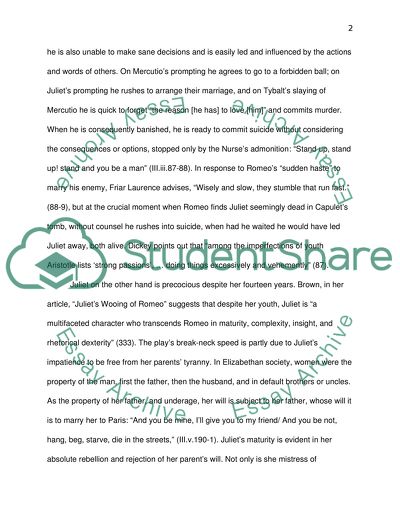Cite this document
(“Too Soon Marrd: The Question of Maturity in Romeo and Juliet Essay”, n.d.)
Too Soon Marrd: The Question of Maturity in Romeo and Juliet Essay. Retrieved from https://studentshare.org/miscellaneous/1518760-too-soon-marrd-the-question-of-maturity-in-romeo-and-juliet
Too Soon Marrd: The Question of Maturity in Romeo and Juliet Essay. Retrieved from https://studentshare.org/miscellaneous/1518760-too-soon-marrd-the-question-of-maturity-in-romeo-and-juliet
(Too Soon Marrd: The Question of Maturity in Romeo and Juliet Essay)
Too Soon Marrd: The Question of Maturity in Romeo and Juliet Essay. https://studentshare.org/miscellaneous/1518760-too-soon-marrd-the-question-of-maturity-in-romeo-and-juliet.
Too Soon Marrd: The Question of Maturity in Romeo and Juliet Essay. https://studentshare.org/miscellaneous/1518760-too-soon-marrd-the-question-of-maturity-in-romeo-and-juliet.
“Too Soon Marrd: The Question of Maturity in Romeo and Juliet Essay”, n.d. https://studentshare.org/miscellaneous/1518760-too-soon-marrd-the-question-of-maturity-in-romeo-and-juliet.


